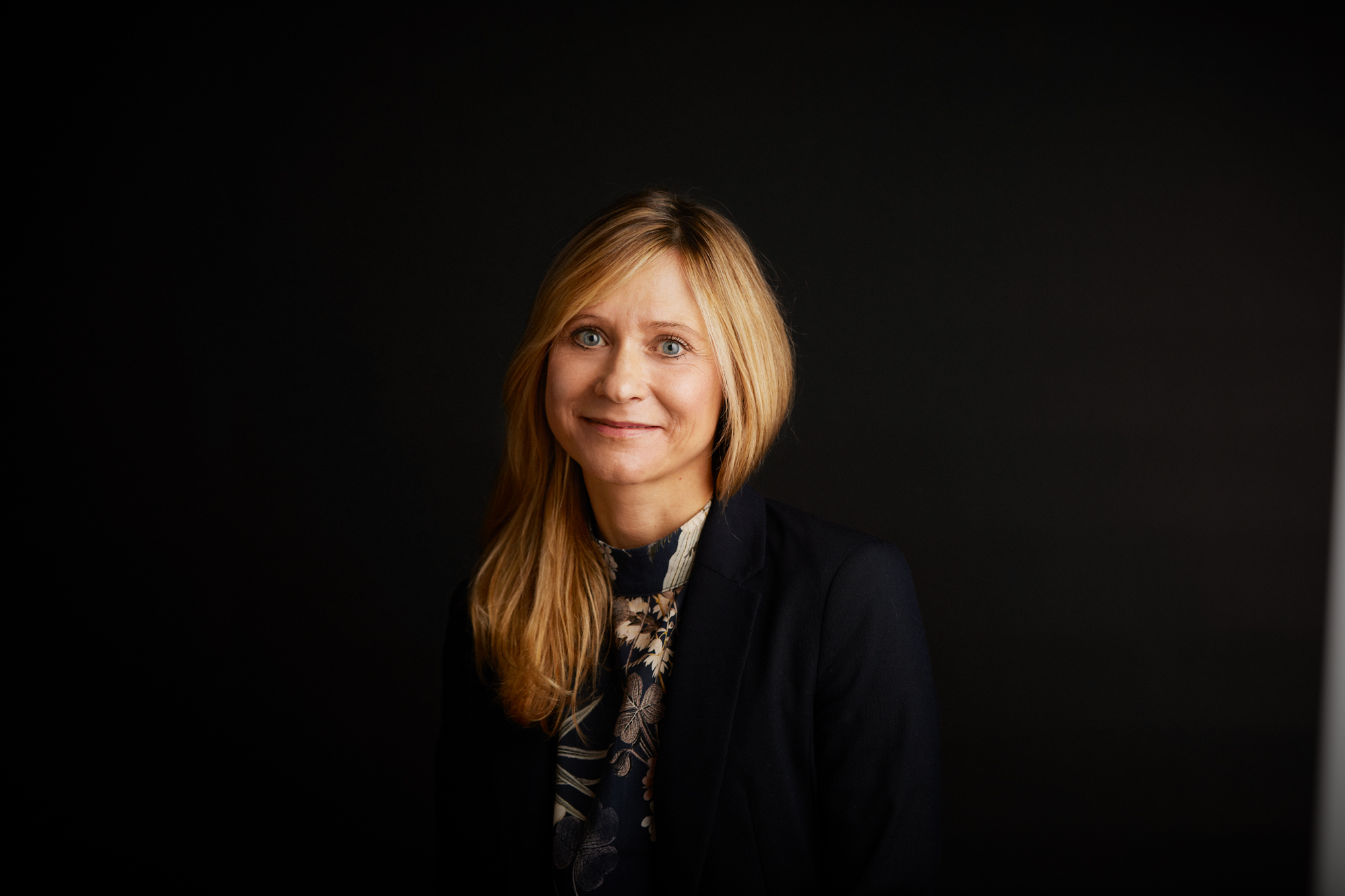Pernille Juhl
Research leader

Project title
(Re)configuration of parenthood
What is your project about?
The project takes early childhood interventions targeting families as the basis for studying changing conditions for parenthood. In recent years, early intervention policies have been launched as a means to reduce inequality among children. An overriding strategy in fighting inequality has emerged in policies supporting children's home learning environment. Intervening in families to establish a home learning environment involves instructing parents to engage their children in learning activities suitable for stimulating early numeracy and literacy. However, despite the considerable research focus on developing the content of home learning programs, no attention is given to what it means for the family context. This is problematic since interventions often result in consequences beyond their intended aim. Using a multi-method design involving three interconnected empirical studies, this project will study how learning agendas in interventions aimed at enhancing children’s home learning environment contribute to the (re)configuration parenthood.
How did you become interested in your particular field of research?
Ever since I did my thesis and later in my PhD dissertation I have been interested in how interventions that are implemented in families to, for example, combat inequality and create better life chances for children often result in consequences beyond their inteded aim and, in some cases, even amplify inequality. This problem made me turn my research focus on the everyday life that comprises the context for parenthood in order to explore how interventions and political agendas of early childhood interventions entangle family life and parenthood in various ways in different families.
What are the scientific challenges and perspectives in your project?
The project consists of three parts each producing different kinds of empirical data. It is an embedded design with an overall research question across various epistemologies i e mixed method study. In addition to me, the team consists of a post doc, two PhD students and another senior researcher. In addition, there is an international board consisting of six researchers, who together represent worldleading research environments. In the project, the ambitions are to contribute to the theoretical conceptualization of parenthood developed through a close dialogue with a rich and complex empirical material. Both the design comprising different methodologies, the theory-developing ambitions and the large research teamand board require a strong project management and a lot of coordination in order to ensure strong synergy and progression. At the same time the various parts of the project must be clearly delimited - among other things to ensure that the PhD students will have the opportunity to make unique contributions. I am looking forward to applying my leadership experience in this work, as I am looking forward to utilize my structured approach.
What is your estimate of the impact, which your project may have to society in the long term?
The project's analysis will contribute with important knowledge about how parenthood unfolds both in the family but also as connected to other contexts - such as day care institutions. This means that parenthood is also shaped by political and institutional agendas, which intervene and have varying meanings to different families. With its focus on everyday life across contexts, the project will be able to contribute with new perspectives on how parenting can be theorized at the crossroads between policy, institutional connections and subjective orientations. These are all aspects that constitute conditions for parenthood and which are often explored and understood separately but which must be understood as interrelated in order to gain a more precise theoretical understanding of parenthood. In addition to being a contribution to the research field, this knowledge will be able to serve as a conceptual backdrop for the professional work targeted at families.
Which impact do you expect the Sapere Aude programme will have on your career as a researcher?
The Sapere Aude grant is an important recognition of my research and of the research environment I am part of. It will allow me to establish and consolidate research collaborations with leading international research environments - for example through the planned research stays and joint publications with excellent researchers. In addition, the project will give me the opportunity to build a research environment and to highlight the field of family research. Finally, it will pave the way for applying for international grants, enhance my international network and strengthen the position of Denmark, Roskilde University and my own position, in the international research field.
Background and personal life
I live in Copenhagen with my three children, and I spend most of my spare time with friends and family. In addition, I try to find time to keep my running training straight, and I like to read fiction.
View all research leaders here
Research institution
Roskilde University
Research field
Psychology
City of your current residence
Copenhagen
High school
Virum Gymnasium
